'Dangerous gamble' in Russia-US nuclear talks when China has 'free hands'
(Baonghean.vn) - However, China's resolute refusal to participate in negotiations with Russia and the US is a very bad signal for the possibility of extending New START.
Unsuccessful pressure
Today and tomorrow (June 22 and 23), Mr. Marshall Billingslea - Special Envoy for Arms Control of US President Donald Trump and Russian Deputy Foreign Minister Sergei Ryabkov will conduct negotiations in Vienna, Austria, on the issue of extending the New Nuclear Arms Control Treaty (New START).
Before flying to Vienna, Austria to negotiate with Russian Foreign Minister Sergei Ryabkov, Mr. Marahall Billingslea publicly expressed many times his wish that China would join the negotiations, that any agreement reached would be a multilateral agreement with China as an indispensable part.
Mr. Marahall Billingslea also increased pressure on China when he said that this superpower is the decisive factor in the success or failure of the negotiations between the US and Russia in Vienna. The recent meeting between US Secretary of State Mike Pompeo and senior Chinese diplomat Yang Jiechi in Hawaii also caught the attention of international public opinion. Although the details of this meeting were not announced, many people believe that the US will certainly not miss this opportunity to urge China to accept to sit at the negotiating table in Vienna.
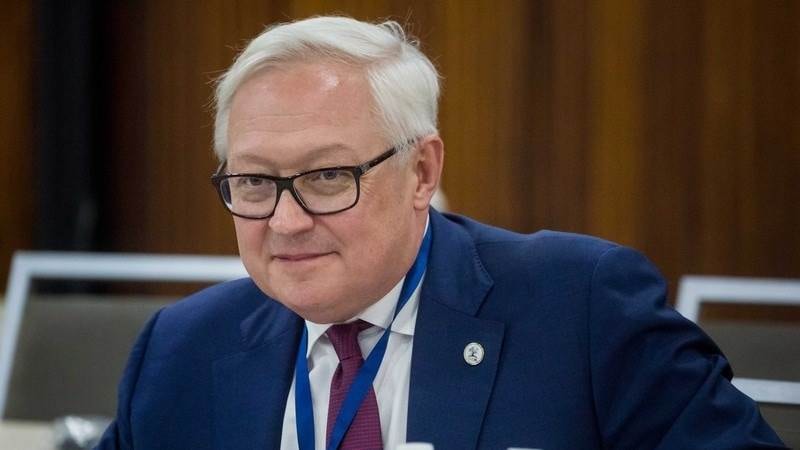 |
| Mr. Marshall Billingslea represented the US in arms control negotiations with Russia in Vienna. Photo: Getty |
The US has been “psychologically attacking” China by targeting its goal of becoming a superpower, emphasizing that a country can only be considered a superpower if it is transparent about its weapons program, especially nuclear weapons. So far, China’s nuclear warheads are only 320 – too small compared to Russia’s 6,357 nuclear warheads and the US’s 5,800 nuclear warheads.
However, what worries the US is the rapid increase in the number of nuclear warheads of China, with the number of nuclear warheads of China predicted to double in the next 10 years. The US admits that over the past 10 years, the US has tried to reduce the role of nuclear weapons in the overall national security strategy, but China has gone in the opposite direction. China is constantly modernizing its strategic nuclear force, causing concern for US forces as well as US allies in the Indo-Pacific region.
Notably, the US considers China to be the country with the least transparency about its nuclear weapons program among the five permanent members of the United Nations Security Council, along with the US, UK, France, and Russia. While Russia and the US are bound by many arms control treaties, China has a free hand, and as a result, up to this point, no country has an accurate and comprehensive view of China's real capabilities, except for vague information about the country's "nuclear missile arsenal" - missiles that can be launched from land, aircraft, and submarines, and is developing hypersonic weapons.
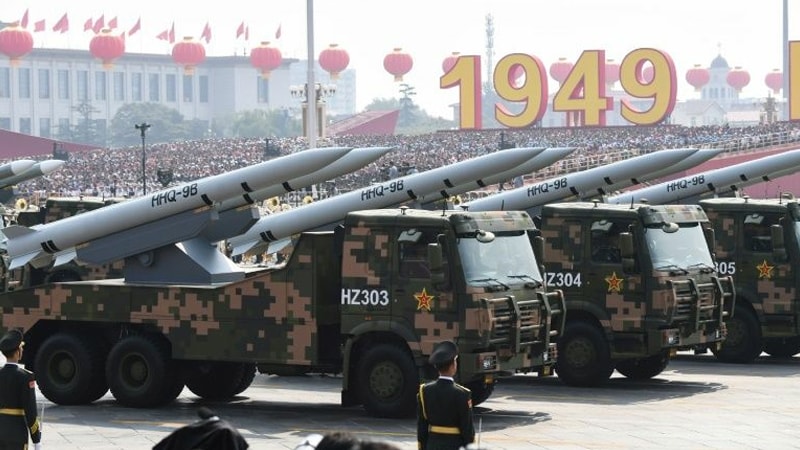 |
| China's rapidly growing arsenal is a source of concern for the US. Photo: Daily Times |
Despite pressure from the US, China has firmly rejected the possibility of participating in any arms control negotiations with Russia and the US. In the latest development, China also confirmed that it will not appear at the meeting between Mr. Marshall Billingslea and Mr. Sergei Ryabkov in Vienna today and tomorrow. China defended the argument that its arsenal is maintained at a minimum level to ensure national security, and at the same time made a "counter-demand" to the US that only when China's arsenal reaches the same level as Russia and the US, or Russia and the US reduce their nuclear arsenals to the same level as China, will China participate in trilateral negotiations.
That is almost an “impossible request” for the US, not to mention another “card” that China has not used, but has been mentioned by Russia, which is that if they want China to sit at the negotiating table, France and the UK - US allies and possessing 290 and 215 nuclear warheads respectively - must also fulfill similar obligations.
America's dangerous gamble
With China refusing to participate in the negotiations, the talks between Marshall Billingslea and Sergei Ryabkov have little chance of success. But what has attracted analysts' attention is the real intention of the US in agreeing to negotiate with Russia, while promoting China's role as a key factor in determining the future of the New START Treaty.
The New START Treaty was signed by US President Barack Obama and Russian President Dmitry Medvedev in April 2010 and entered into force on February 5, 2011. The treaty will expire on February 5, 2021, unless both sides agree to extend it for another five years.
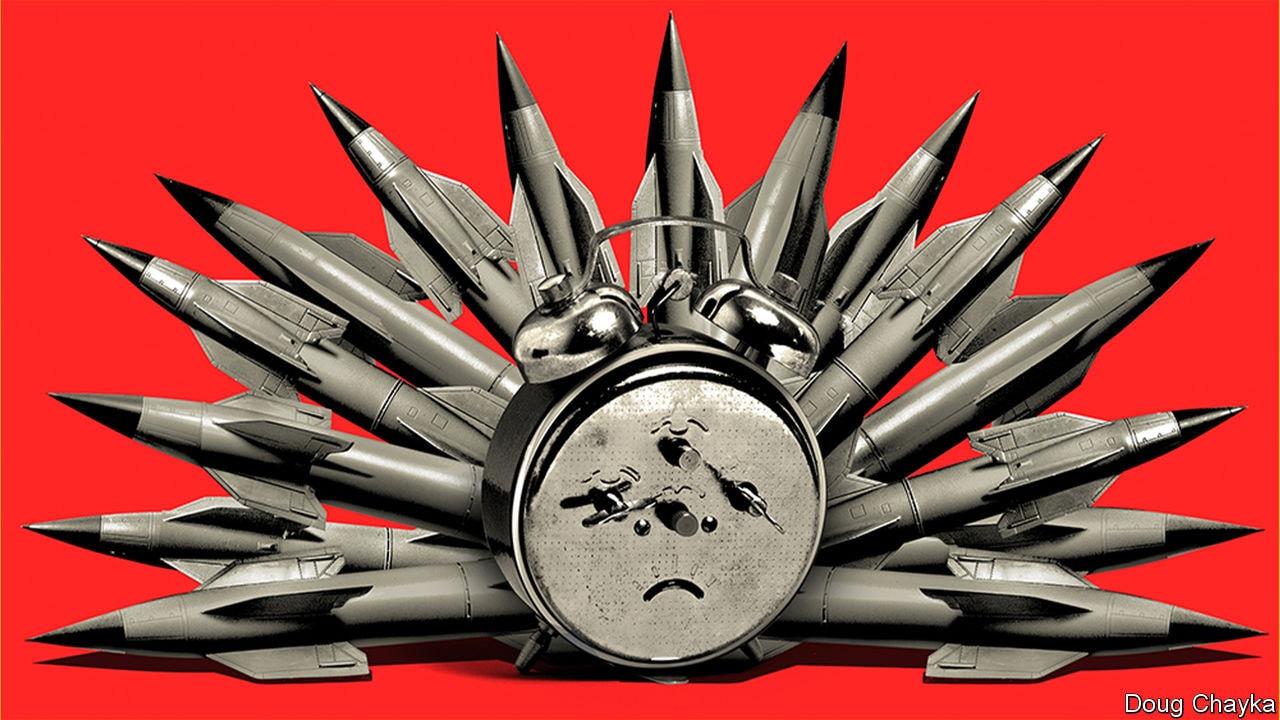 |
| Russia and the US have very little time left to agree on an extension of New START. Photo: The Economist |
New START is an incredibly complex treaty, with commitments by Russia and the United States to reduce their nuclear warheads by half and annual monitoring mechanisms to ensure neither side violates the treaty. Therefore, the time between now and the treaty’s expiration is so short that even reaching a consensus on extending the treaty is very difficult, let alone moving towards a replacement treaty with China’s participation.
The US is certainly aware of this difficulty, so its insistence on involving China is considered by many to be frivolous and ill-intentioned. Under President Donald Trump, the US has abandoned many arms control agreements, such as the Intermediate-Range Nuclear Forces (INF) Treaty, and most recently the Open Skies Treaty. If the US does not extend New START, it will also be consistent with US policy.
Therefore, the attempt to put China in a decisive position for the success or failure of the negotiations in Vienna is considered a "trick" to lower the image of China - a country that the US identifies as a "formidable opponent" in the race for the position of the world's number 1 power in the future.
Chinese Foreign Ministry spokeswoman Hua Chunying also accused the US of trying to divert public opinion about its responsibility in maintaining arms control treaties. Therefore, not only did China firmly refuse the US invitation to participate in negotiations, but it also cleverly "steered" the story to the right place when calling on the US to accept the extension of the New START Treaty to "create conditions for other nuclear-weapon states to participate in multilateral negotiations on nuclear disarmament."
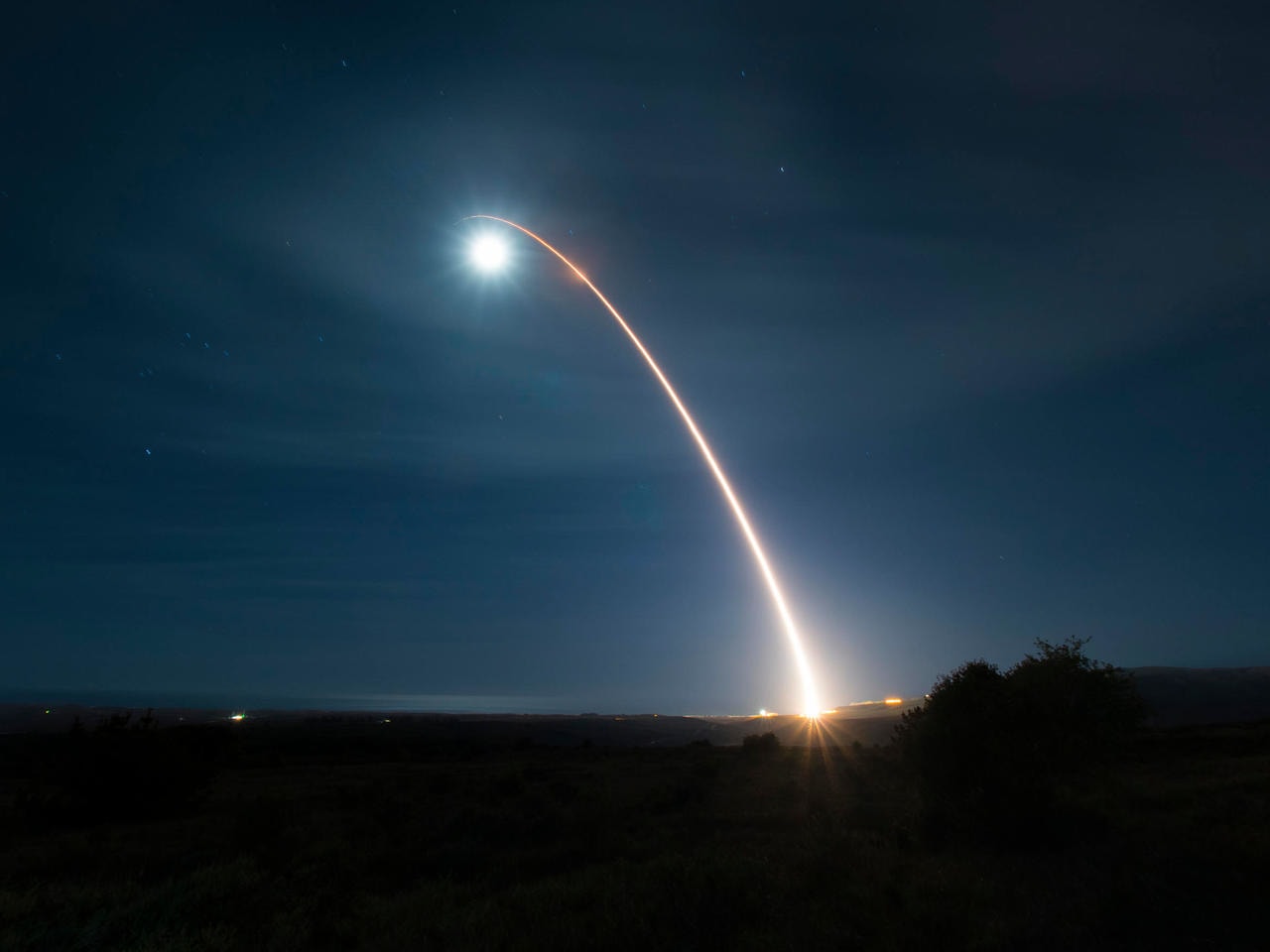 |
| The collapse of New START would trigger a global arms race. Photo: France 24 |
Whether he tries to blame China, or previously blame Russia, President Donald Trump is still considered to be playing a dangerous gamble - dangerous for the United States as well as for the world. By withdrawing from arms control treaties, with New START being the largest and only remaining treaty to date, the United States is betting that it can easily assert its number 1 position in weapons capabilities, especially nuclear weapons if it is "unchained". However, whether the United States can overwhelm Russia, or even China in the future, is still a question that cannot be answered with certainty.
Meanwhile, without New START, the world will no longer have any tools to prevent an arms race. There have been many signs of this race, such as Russia putting the Avangard hypersonic missile into combat duty since December 2019, the US deploying the W76-2 nuclear warhead on Ohio-class submarines since February 2020, not to mention Iran and North Korea also no longer have the motivation to restrain their nuclear development program after the negotiations broke down. Therefore, it is not difficult to understand why international public opinion is quite pessimistic about today's negotiations between Russia and the US in Vienna, Austria and called it "the beginning of the end".

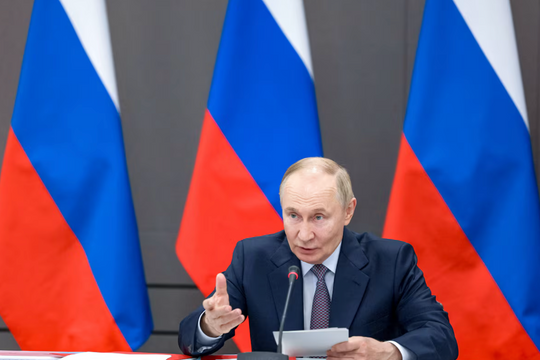
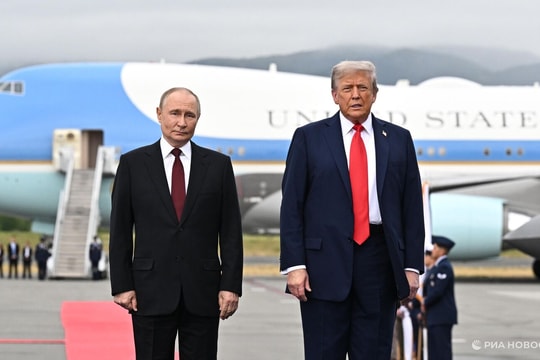
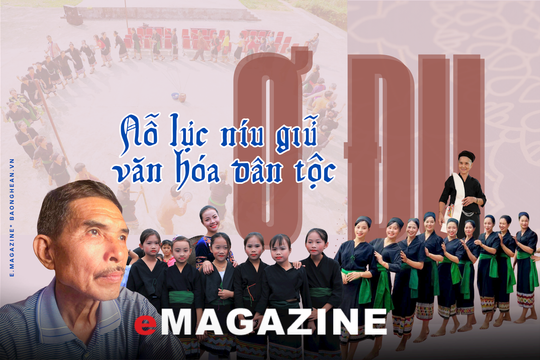
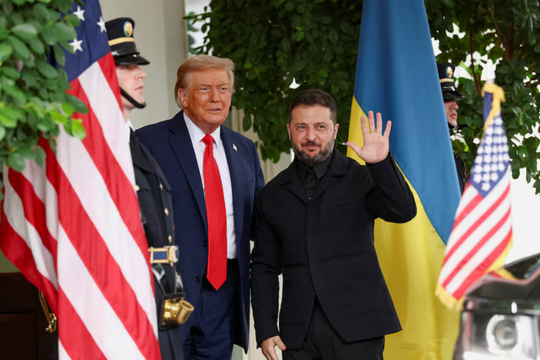

.jpg)

